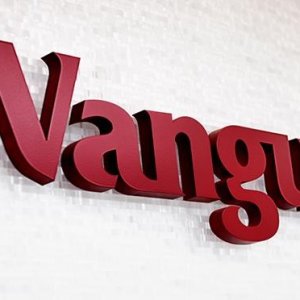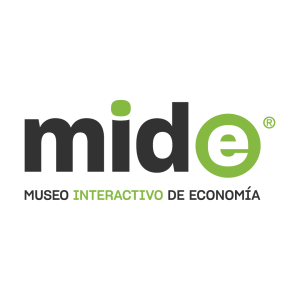Heavy IT Integration Proves Beneficial in ‘Odd Times’

STORY INLINE POST
Q: How did the pandemic impact your operations and how did you adapt?
A: CHG Meridian did not stop any operations during the pandemic. We attended our clients and acquired a few more. Our focus is on being. We focus on being there for them, especially in this moment when our clients need us the most. We are a highly digital company, therefore switching to a fully remote working model was an easy transition for us. We have been very active in the market throughout this time.
Furthermore, we are supporting our global clients with their digital transition. One of our biggest verticals worldwide is technology equipment. The demand for mobile technology equipment has picked up a lot during this time. We believe that this is going to further grow our business in 2021.
Q: In the healthcare area, what were the main services clients requested?
A: At the beginning of the pandemic, some hospitals asked us to quote COVID-19 laboratory tests, ventilators and other assets that would be needed for patients. Many decided not to invest in significant assets because they presumed the pandemic would last no longer than a few months. Instead, they kept investing in the programs they already had or postponed their investment to 2021.
Q: What are the latest upgrades you have made to TESMA, your digital platform for asset management?
A: TESMA is one of the pillars of CHG Meridian. Approximately every two years we do a new release with improved capacities. The platform, which is web-based, is very user friendly and one of the latest upgrades made it mobile-friendly. Being web-based means that clients do not need to download a software program to use it, regardless of the device. We have the philosophy to simplify asset management to our customers, therefore we constantly increase the capabilities of TESMA.
Q: Given the increasing software penetration in healthcare, do doctors need more technology skills?
A: This depends on the therapeutic area, the type of equipment and the tech used. We continue to assist clients by letting them know what new tech is out there and what capabilities it requires. Almost all products that are coming out at the moment have software that employs a database. Working with this tech does require some training. In some medical specializations, the medical specialist will have a better understanding of the type of equipment used in their field than us. There are hospitals where the financial officer is also a doctor. This helps when they are looking to acquire new equipment and need to understand its therapeutic applications. In other hospitals, I act as a kind of intermediary between the financial and the operational areas.
Q: What are the considerations for hospitals when adopting more technology?
A: Science and technology are always evolving, and it is important that hospitals promote new trends among their doctors and patients. With new technology and innovative equipment, the hospital can build competitive advantages such as better doctors, shorter and less invasive procedures, new treatments and a better branding. However, there are important cost deliberations. Sometimes, a hospital only conducts five procedures for a specific treatment a year. For any new equipment, the hospital needs to justify a minimum number of procedures to make it cost-efficient and do affect the income statement.
Q: How would more public-private sector collaboration impact the penetration of new technologies?
A: I think the public sector is overburdened. Collaboration between the two sectors would benefit everyone. If a private hospital can negotiate the provision of a certain procedure for the public sector, it would greatly help public hospitals and patients. On the other hand, this would also serve as strong branding for private hospitals and will bring income to finance other projects.
Q: What should the sector learn from the pandemic?
A: During the pandemic the sector experienced an increase in technology and digital demand between doctors and patients. All hospitals should have a solid technology base to respond quickly to new trends.
Those that did well adopted WHO’s recommendations very early. Some hospitals created separate COVID-19 and non-COVID-19 areas. These hospitals are not necessarily the vanguard of technology and equipment but they were at the forefront when implementing safety measures. Using smart financial options, like leasing, can save cash to act fast in situations like this.
Q: What are CHG Meridian’s primary objectives for the health area?
A: Our goal is to support the healthcare industry to equip hospitals with new and relevant technology. We also work with manufacturers to benefit the hospitals with flexible solutions when they acquire new and technological equipment. Our ultimate goal is to keep our customers with the latest technology for their success and the benefit of the patients.
CHG Meridian has more than 40 years of experience in consulting and leasing services for IT companies, industrial players, automotive companies and the healthcare sector. In the latter, the company offers solutions for efficient investment management.








 By Andrea Villar | Editorial Manager -
Tue, 01/26/2021 - 11:57
By Andrea Villar | Editorial Manager -
Tue, 01/26/2021 - 11:57
















